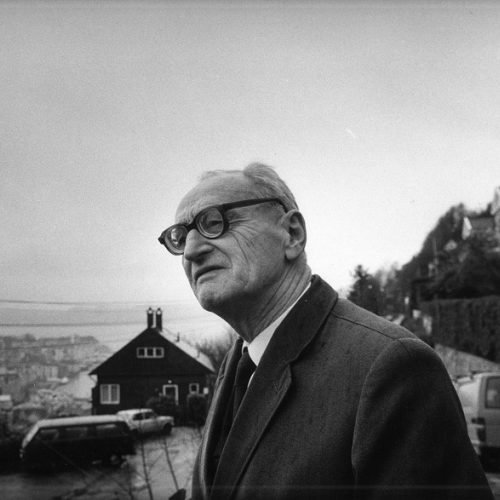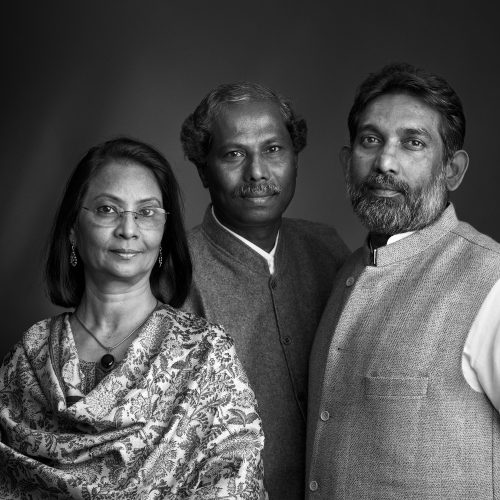
National Campaign on Dalit Human Rights
The 2007 Rafto Prize was awarded to the Indian organization The National Campaign on Dalit Human Rights (NCDHR). The NCDHR received the prize for its work to promote Dalit rights and for its efforts to make the international society aware that discrimination and oppression resulting from caste prejudice is a serious violation of human rights.
Vincent Manoharan (centre), Secretary General of the NCDHR, Dr. Vimal Thorat (left), Co-Convenor and Paul Divakar (right), Convenor received the award on behalf of the organization.
Of India’s 1,3 billion citizens, 215 million are labelled Scheduled Castes, and to various degrees considered ‘impure’ or ‘untouchable’. These people call themselves Dalits, meaning ‘the downtrodden’. For thousands of years they have suffered humiliation, discrimination, and exclusion by being born into a social and cultural system which fundamentally conflicts with the notion that all human beings are born free with equal rights. The forms of caste-based discrimination vary largely between localities. It traditionally includes that Dalits are only allowed to work in occupations with low status and income, primarily occupations requiring the handling of ‘impure’ material, such as garbage, human and animal waste, animal skin and products of the soil. Dalits customarily; have to live segregated, are often also segregated in schools and in the workplace, are not allowed to hold real estate as property, are not allowed to use public utilities such as roads, water, temples and public office buildings. They are disproportionally poor, undereducated, and victims of violence. Many Dalits work as bonded labour, or in forms of modern day slavery. Caste-based discrimination is prohibited by law in India, but still prevalent, and especially in rural areas.
The purpose of the NCDHR is to oppose all forms of this horrifying discrimination. The Campaign and its supporters work to combat violations of human rights in general, usually by documenting human rights violations. The Campaign also provides legal aid to victims of discrimination and violence, and serves as an advocate of Dalit rights in India and at the international level. The NCDHR is now a coalition of four movements, each working to overcome different aspects of caste discrimination:
- promotion of economic, social, educational and cultural rights.
- promotion of the rights of Dalit women, wh often suffer double discrimination as Dalits and as women, and caste-based violence.
- coordinating efforts to secure land rights and livelihoods for Dalits, and to secure proper legal responses and financial remedies for survivor and victims of violence and other violations
- documenting and mitigating the vulnerability of Dalits in disaster preparedness and response
The NCDHR works internationally at the UN and with various states to address atrocities, and campaigns for strengthening the criminal justice system. Much of this work is conducted together with the International Dalit Solidarity Network (IDSN), of which DSN Norway is a member. The Rafto Foundation is a founding member of DSN Norway.
OFFICIAL AWARD STATEMENT NCDHR (2007)
Other laureates

Emergency Response Rooms of Sudan (ERR)
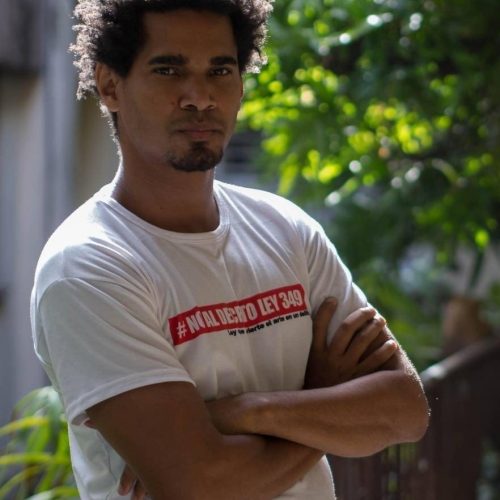
Luis Manuel Otero Alcántara
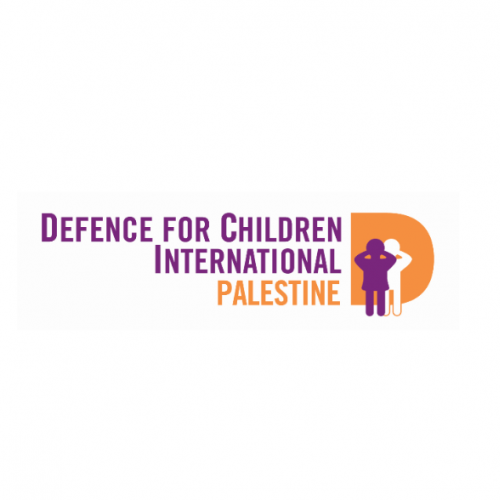
Defence for Children International-Palestine (DCIP)
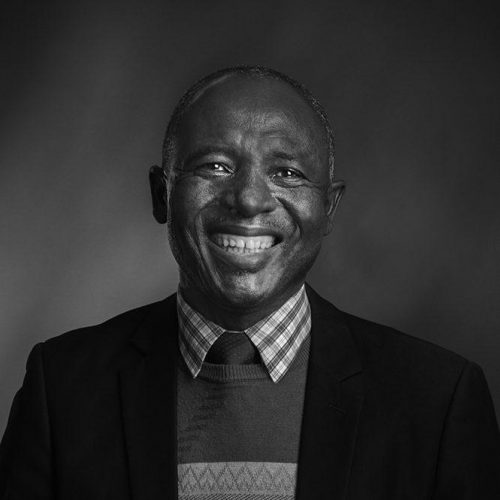
Nodjigoto Charbonnel
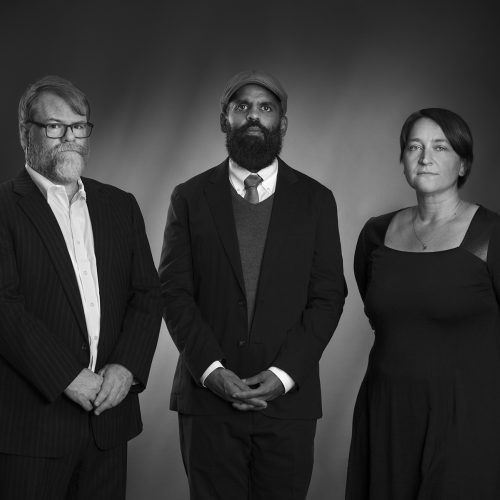
Human Rights Data Analysis Group
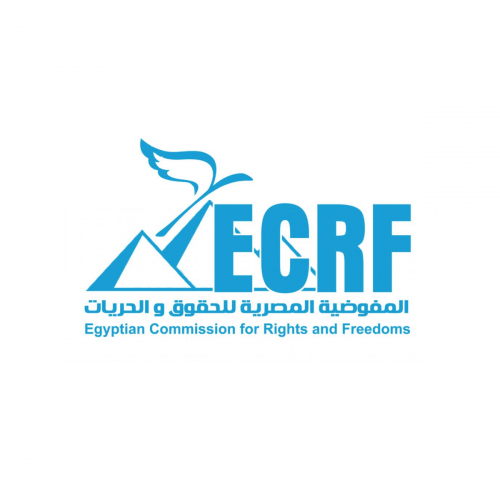
Egyptian Commission for Rights and Freedoms
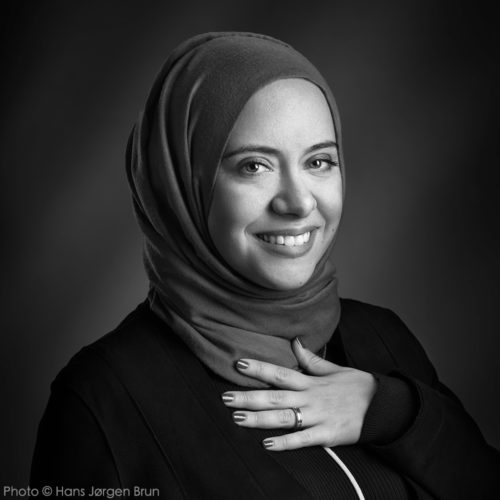
Rouba Mhaissen

Ombudsman Adam Bodnar
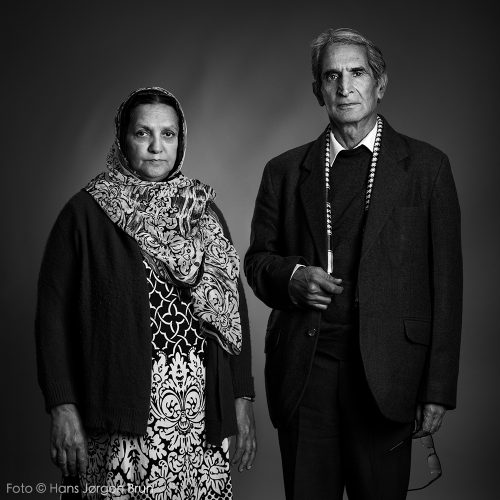
Parveena Ahangar & Parvez Imroz
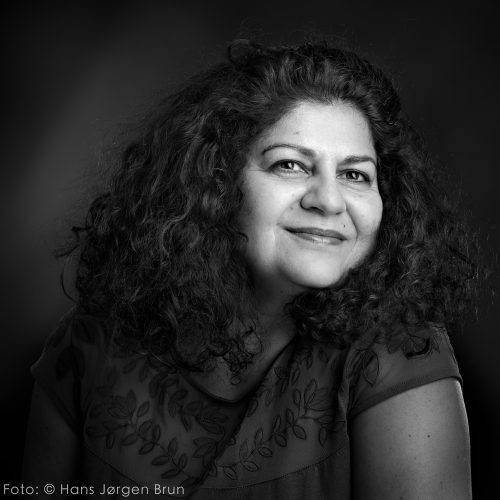
Yanar Mohammed
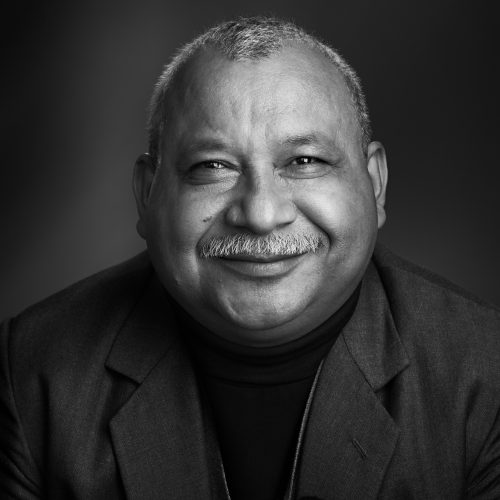
Padre Melo

Agora - Pavel Chikov
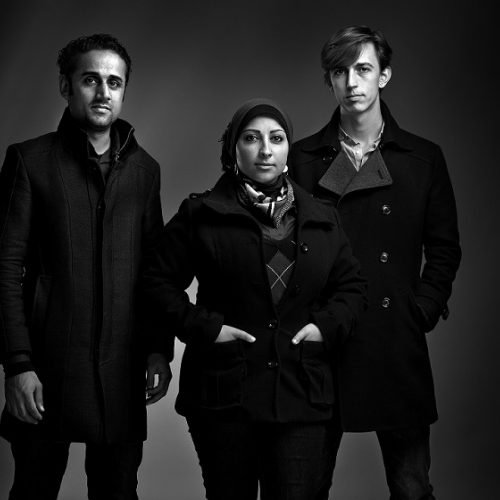
Bahrain Center for Human Rights
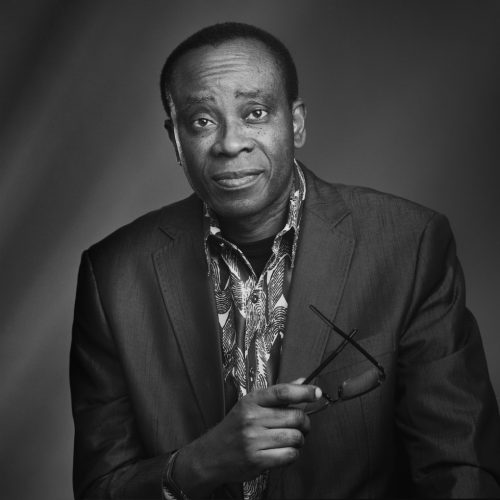
Nnimmo Bassey
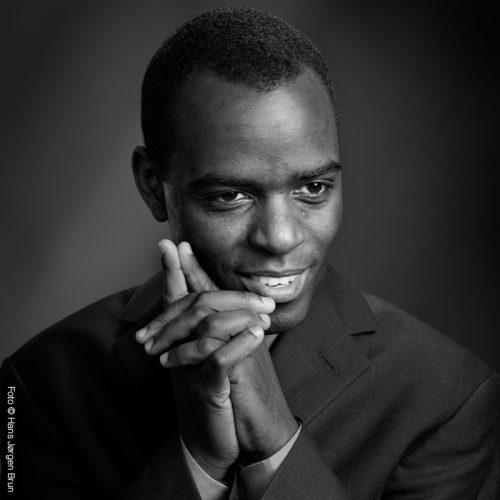
Sexual Minorities Uganda

José Raúl Vera López
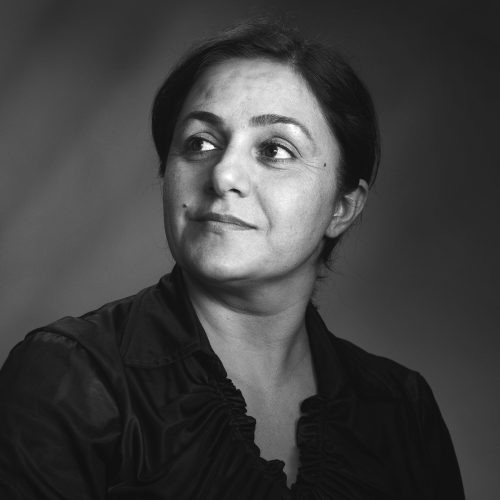
Malahat Nasibova
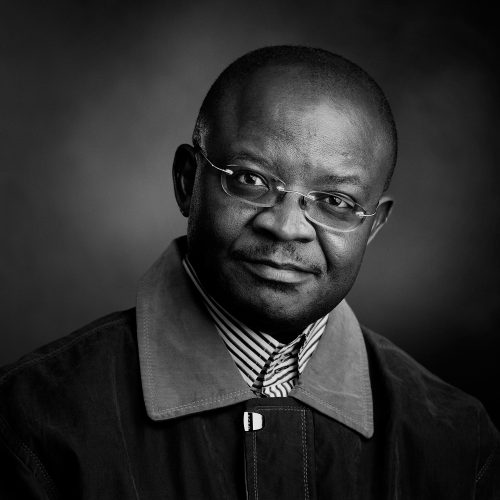
Bulambo Lembelembe Josué
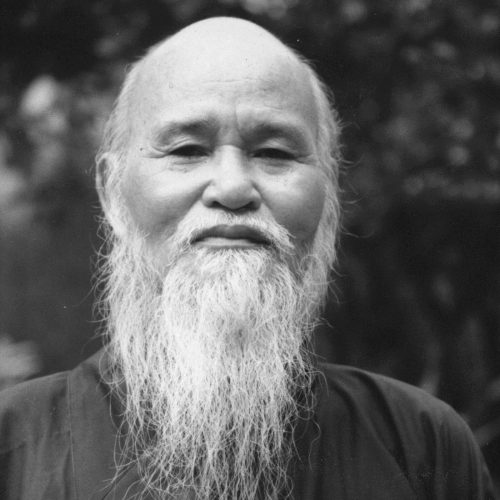
Thích Quảng Độ
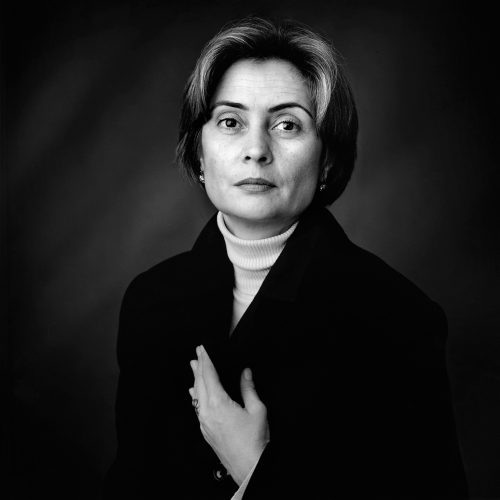
Lidia Yusupova
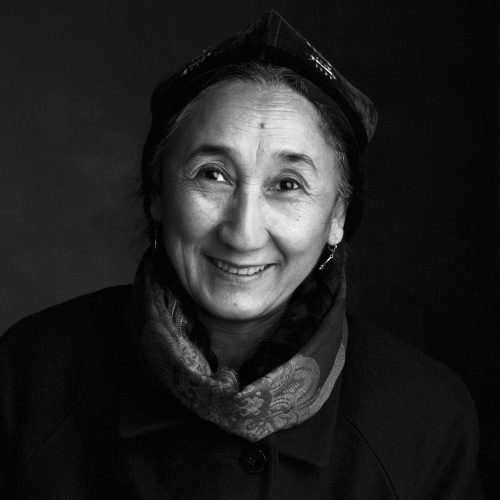
Rebiya Kadeer
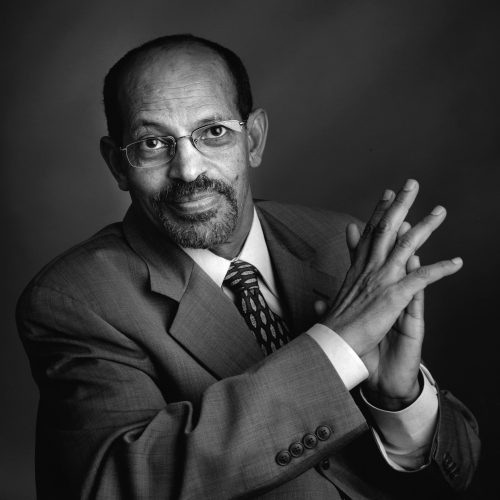
Paulos Tesfagiorgis
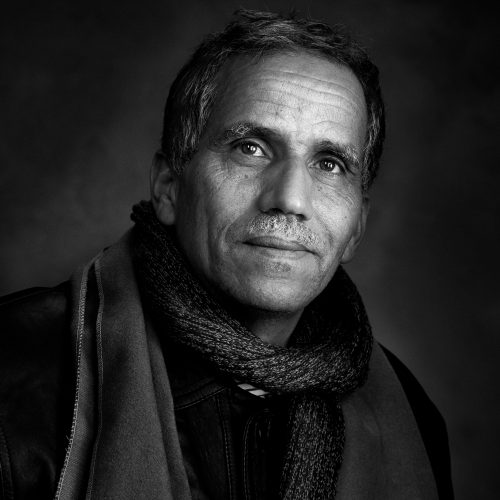
Sidi Mohammed Daddach
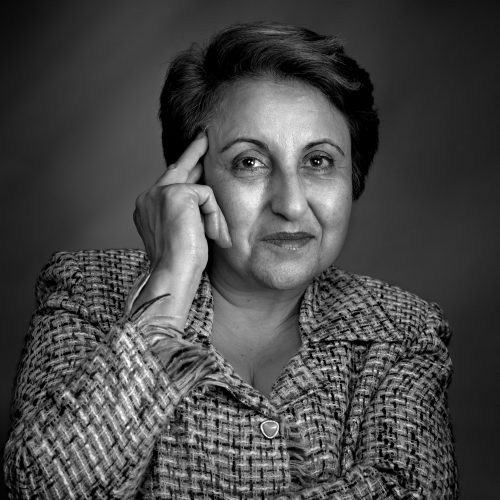
Shirin Ebadi
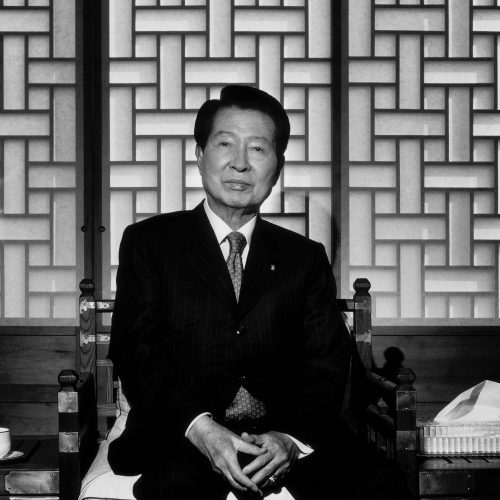
Kim Dae-jung
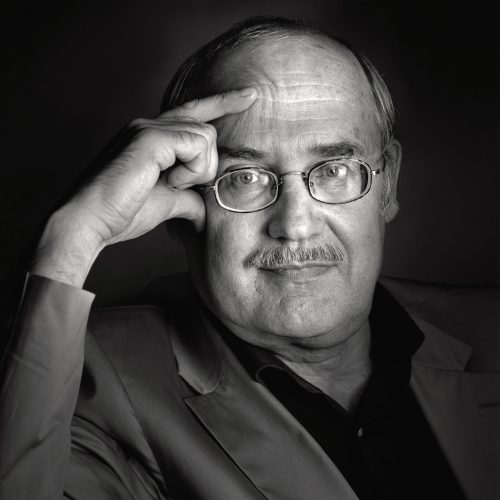
Gennady Grushevoy
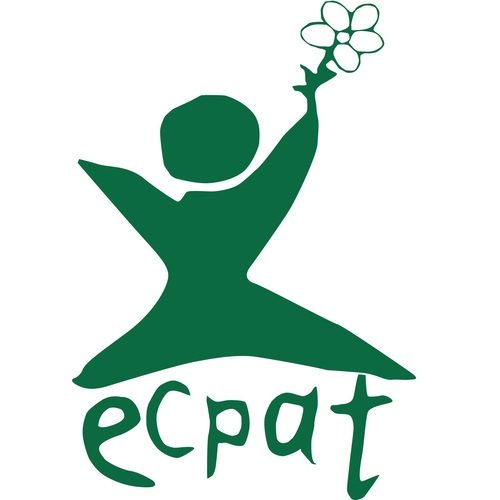
ECPAT

Ian Hancock

Palermo Anno Uno

Committee of Soldiers' Mothers of Russia
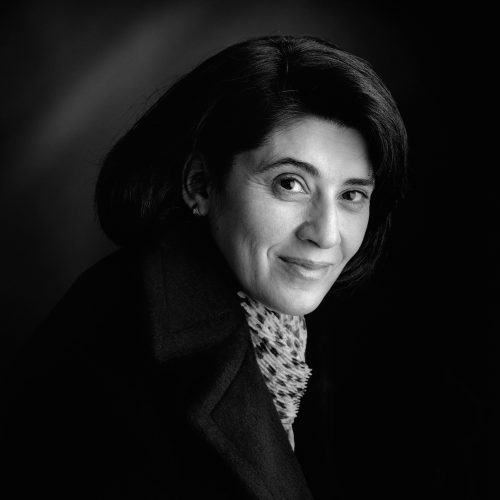
Leyla Zana
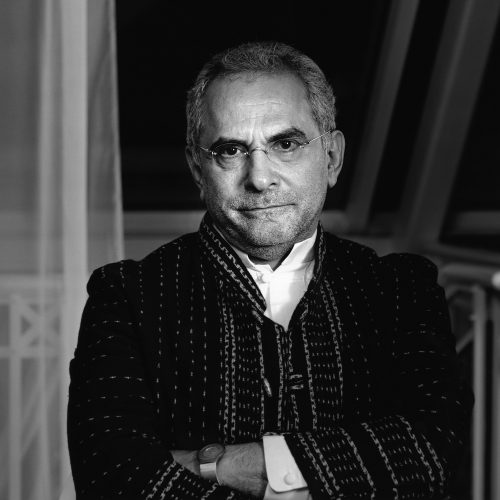
José Ramos-Horta
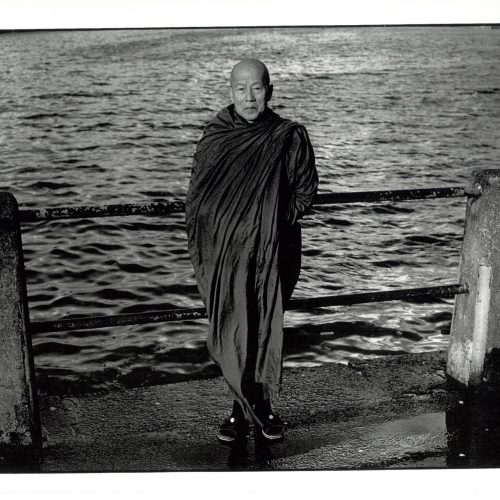
Preah Maha Ghosananda
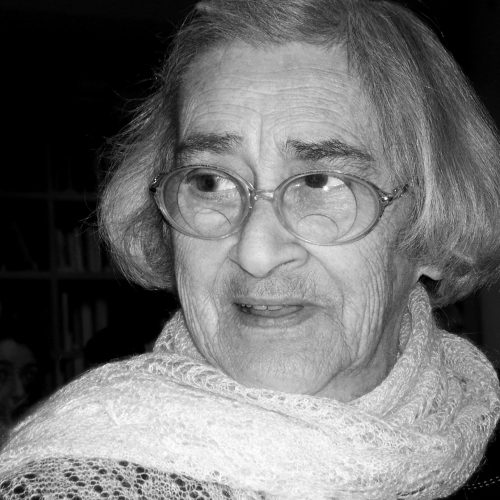
Yelena Bonner
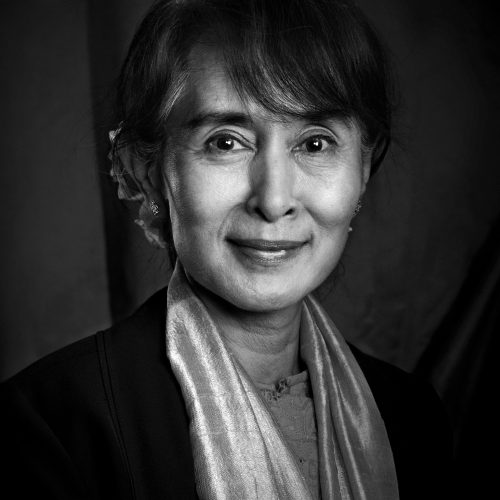
Aung San Suu Kyi
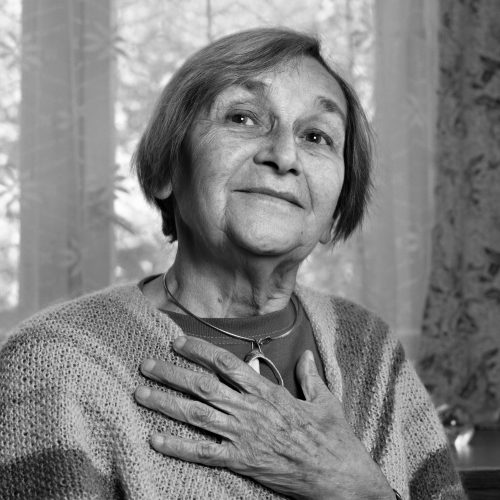
Doina Cornea

FIDESZ - Péter Molnár

Trivimi Velliste
